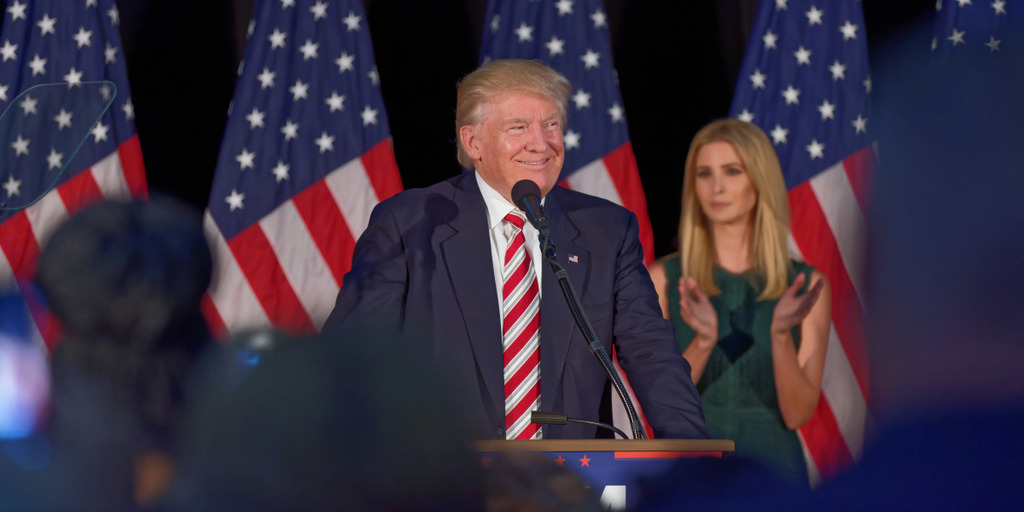The election of Donald Trump as the 45th president of the United States marks a seismic shift in American politics. Tapping into widespread economic discontent and exploiting cultural chasms throughout the country, the president-elect ran an unconventional campaign that resulted in a revolution of the people against the political establishment. Although the specifics of Trump's domestic and foreign policy priorities have been elusive to date, his comments have provided a useful window into how his administration will approach key issues that will promptly land on the new president's desk.
For the trans-Atlantic relationship, there is legitimate cause for concern. Three issues in particular – NATO, Russia and trade – have caused significant anxiety in many European capitals. Trump has taken positions that at times are at odds with Euro-Atlantic priorities, and some that are inconsistent with decades of conventional foreign policy wisdom. The implications Trump's policy choices in the coming months have the potential to redefine the trans-Atlantic alliance for a generation. U.S. and European interests have been closely intertwined for decades, so if America is to become "great again," at home and abroad, it must have Europe by its side.



